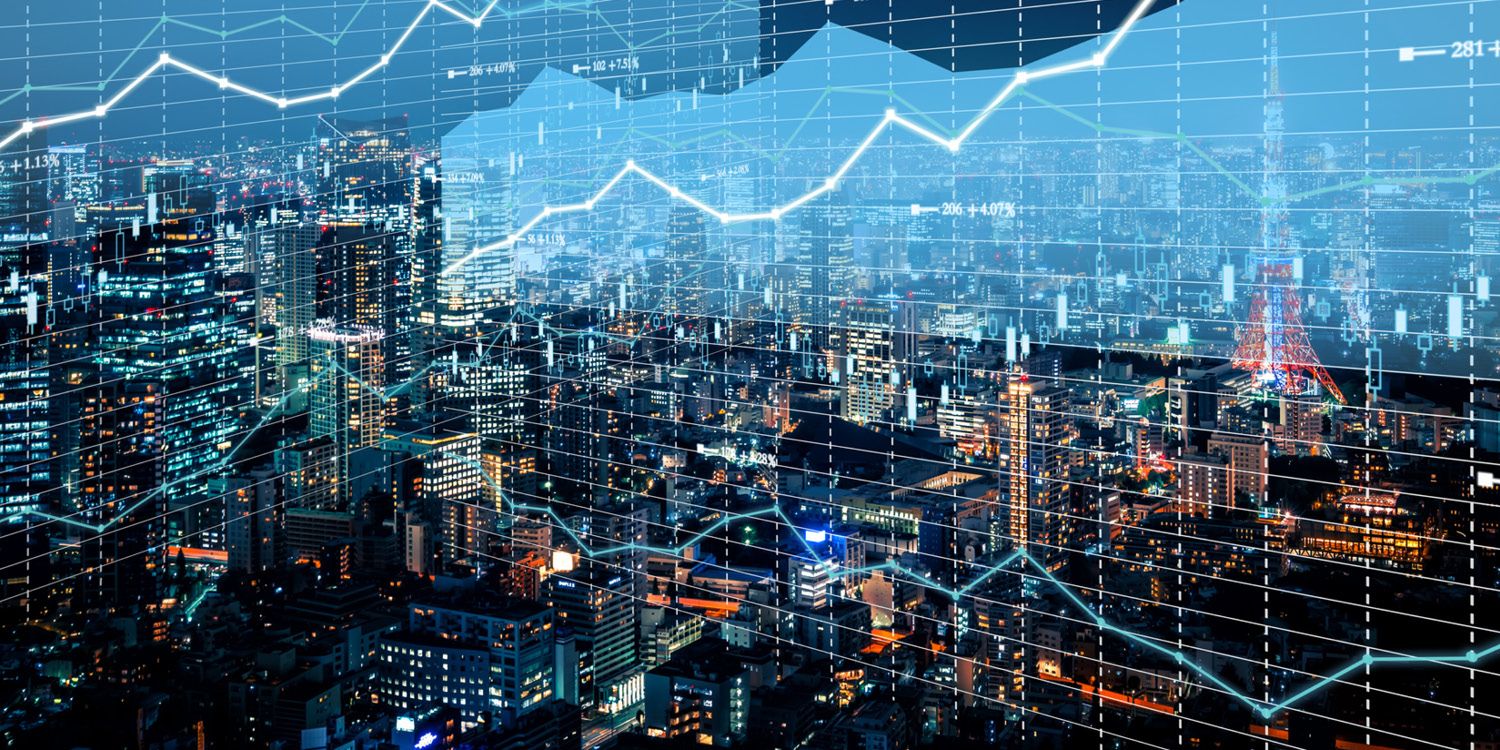In our context, the macro Economy deals with economic issues like inflation, unemployment, etc., and the Micro Economy deals with food waste.
The difference between Macro and microeconomics is pretty simple. Macroeconomics deals with the overall economic picture, while microeconomics deals with individual businesses and companies.
When it comes to business, most people think that macroeconomics deals with things like the stock market and the Federal Reserve Bank.
However, the macroeconomic picture is far more complicated than that.
Here are some basic definitions of macroeconomics and microeconomics to help you better understand the differences.
The economic system we have now has a huge impact on our lives and our health. A major change in the system is required to improve people’s physical and mental health. This is an introduction to the macroeconomy, which is the Economy as a whole. And then, we’ll look at the microeconomy.

What are macro and micro Economies?
While these things are important, the real power behind macroeconomics lies in the microeconomics side.
Microeconomics is the study of individual businesses, companies, and organizations. It focuses on what makes these businesses tick, how they behave, and how they interact.
While macroeconomics studies the whole of the Economy, microeconomics examines a small part.
The reason why I said this is because microeconomics is the key to understanding macroeconomics.
As we have seen, economics is a social science that allocates scarce resources to produce the maximum amount of goods and services in the best possible way. Economics’ central concern is understanding the relationship between markets and production. It is all about how economic agents use their scarce resources to produce as much value as possible and how the structure of the market and the institutional framework within which it operates affect that process. To make this more concrete, consider the following example: A farmer produces wheat.
Micro Economy vs. macro Economy
Microeconomics focuses on the decisions and actions made by an individual, such as a small business owner. Macroeconomics looks at how the overall Economy impacts an individual, such as an employee of a large company.
Microeconomics looks at the decisions and actions of individuals, such as small business owners or employees at a larger corporation. Macroeconomics is about the big picture, such as the stock market or the Fed.
A microeconomy is a small part of the Economy.
The term microeconomics is often used to refer to something smaller than macroeconomics. However, the term is more commonly associated with studying a single company or business.
While macroeconomics is more about the overall Economy, microeconomics is about how businesses operate.
In this course, you’ll learn about economic principles that apply to business, including how to create value for customers and shareholders, make decisions under uncertainty, price products and services, and allocate resources in a competitive environment. You’ll also learn about the economics of technology and innovation and the economics of organizations. Finally, you’ll explore a variety of case studies, from big-box retailers to high-tech firms.
The Economy is the overall Economy.
You see this all the time. The unemployment rate is low, so politicians and pundits discuss how we’re “booming.”
The reality is that macroeconomics deals with the overall picture of the Economy, which is why it’s called macroeconomics.
It deals with the whole Economy and not just one part of it. In this course, we will look at macroeconomics, its history, and some key concepts in macroeconomics, including Monetary policy and inflation. Financial intermediation Money Interest rates GDP Growth and unemployment Monetary Policy and Inflation Monetary policy refers to the actions taken by a central bank. To influence the money supply.
It includes everything from the state of the financial sector and the labor market to what is going on in the energy industry. This is a very broad area, and it is hard to narrow down the focus of macroeconomics into a single subject. However, many sub-areas of macroeconomics can be studied on their own. Some of these areas are listed below: Money and Banking. One of the most important parts of a country’s Economy is the monetary system.
Frequently asked questions about Micro and Macro Economy
Q: How does a company make money without selling anything?
A: A business can make money without selling anything. They make money through advertising. If you want to start your micro or macro Economy, you can do it by advertising.
Q: How much would creating your Micro or Macro Economy cost?
A: To start a Micro Economy would cost about $250,000. Creating a MacMacroonomy would cost about $500,000.
Q: Can poor people make their micro or macro Economy?
A: You can make a micro or macroeconomy with very little money, but you cannot make a large one.
Q: Why do companies advertise?
A: Companies advertise to increase their sales.
Q: Who decides what kind of advertisement is used?
A: Companies decide what type of advertisements to use.
Top Myths About Micro and Macro Economy
- Microeconomics is a subset of macroeconomics.
- The micro and macMacroe are the same things.
- An economy is a system of goods production, distribution, and consumption.
Conclusion
I recommend reading Micro and Macro Economy by George Dyson if you want to know more about this micro.
It’s an incredibly detailed, well-written, and easy-to-understand book about the history of economic theory.
But don’t just read the book. Get out there and start talking with people about the concepts in the book. You might be surprised by how many people care about these topics.
As a bonus, the book includes many practical tips for entrepreneurs and students alike.
1. The book is also available in paperback (for just $
- or Kindle (for just $
3.. Click here to get your copy today! (If you want to learn more about our upcoming conference, click here.) What’s next? In addition to being featured on Entrepreneur.com and Forbes, we’ll give away a free copy of the book at our upcoming conference in November.



